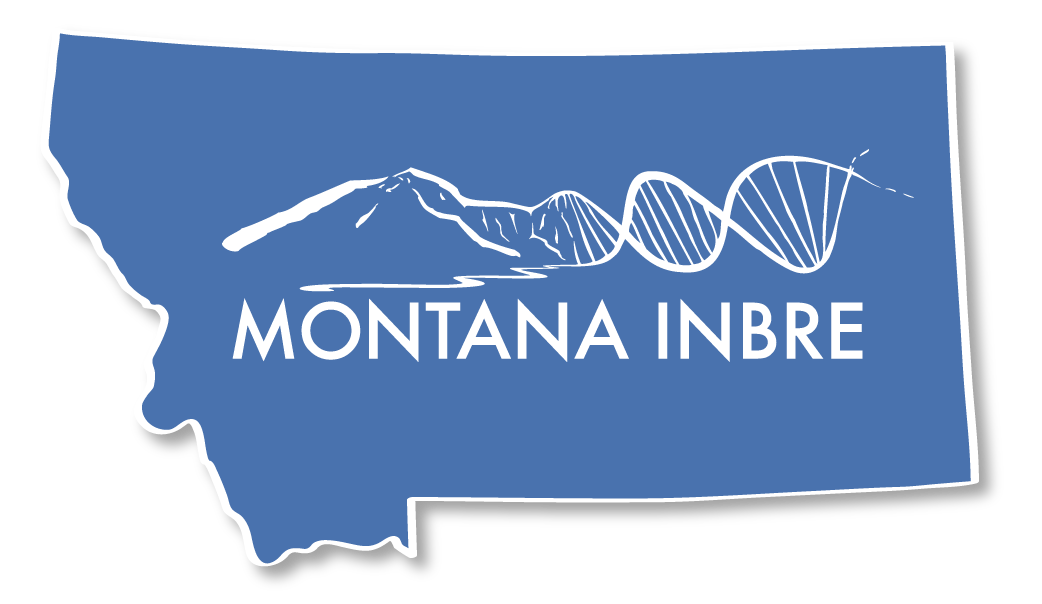Dr. Deborah McCauley Presents Wildlife Health and OneHealth in Nepal
December 2, 2014
6:00pm Baxter Ballroom, 105 W. Main, Bozeman, MT
Deborah McCauley, Executive Director of Veterinary Initiative for Endangered Wildlife (VIEW)
Nepal, with nearly 28 million people, is rich in wildlife biodiversity, once abundant and now threatened by substantial human development, including agriculture, poaching, habitat destruction, building of roads, and introduced species. This is compounded by the impacts of climate change which affect all living systems. These pressures place undue threats on wildlife health that cannot be addressed with current resources in Nepal. In addition, the close association between human development and wildlife in ever shrinking habitats creates ample opportunity for pathogen flow between humans and animal (domestic and wild) and across the landscapes that connect them.
While Nepal has a wealth of diverse wildlife species, most of these species are poorly studied and the health of even the most iconic animals, such as the tiger and rhino, is not well understood. Consequently the impact of health on population viability and the role it may play on recovery strategies of endangered species is not known. Increased capacity for systematic disease surveillance must be developed to be able to document health status, to understand pathogen flow and emerging diseases, and to recognize and respond effectively to a disease outbreak in a sensitive species or in multiple species in a region.
There is a critical need in Nepal for qualified clinical wildlife health capacity building. The lack of capacity is striking considering the value of critically endangered animals found in Nepal such as the Bengal Tiger: with a global population of less than 2500 for this subspecies (IUCN Red List), every individual animal is important. Currently, there are extremely limited clinical veterinary facilities and trained veterinarians available to adequately treat ill and injured wildlife in Nepal. VIEW is on the ground filling the void by providing training to the local veterinarians and Park Rangers, infrastructure for a field laboratory in Chitwan National Park and conducting research on health issues that most effect endangered wildlife.
Dr. McCauley is a wildlife veterinarian and has been involved with wildlife disease surveillance, wildlife capture and immobilization, field surgery, field research, disease prevention and response. She founded VIEW in response to the growing threat of disease transmitted by domestic animals and humans to endangered wildlife.
Dr. McCauley is a contract wildlife veterinarian and has participated in wildlife field capture in North America, Africa and Asia. In Nepal she has been working in collaboration with Nepal's Department of National Parks and Wildlife Conservation, and National Trust for Nature Conservation helping to develop a disease surveillance and wildlife health program with the emphasis on saving endangered wildlife and training local wildlife professionals. Dr. McCauley has worked with wildlife organizations including Wildlife Conservation Society's Wolverine Program, Montana's Fish Wildlife and Parks, and ZooMontana.
The Café Scientifique was co-sponsored by Montana INBRE and Montana State University COBRE programs.


